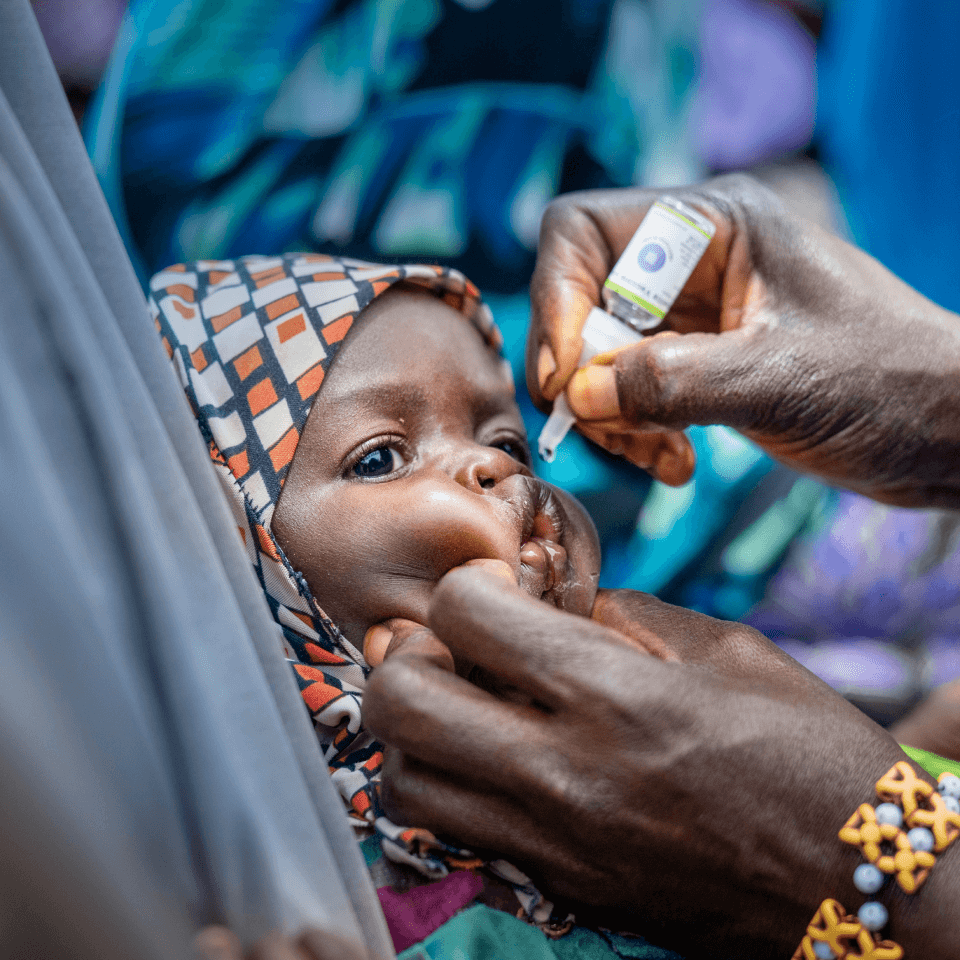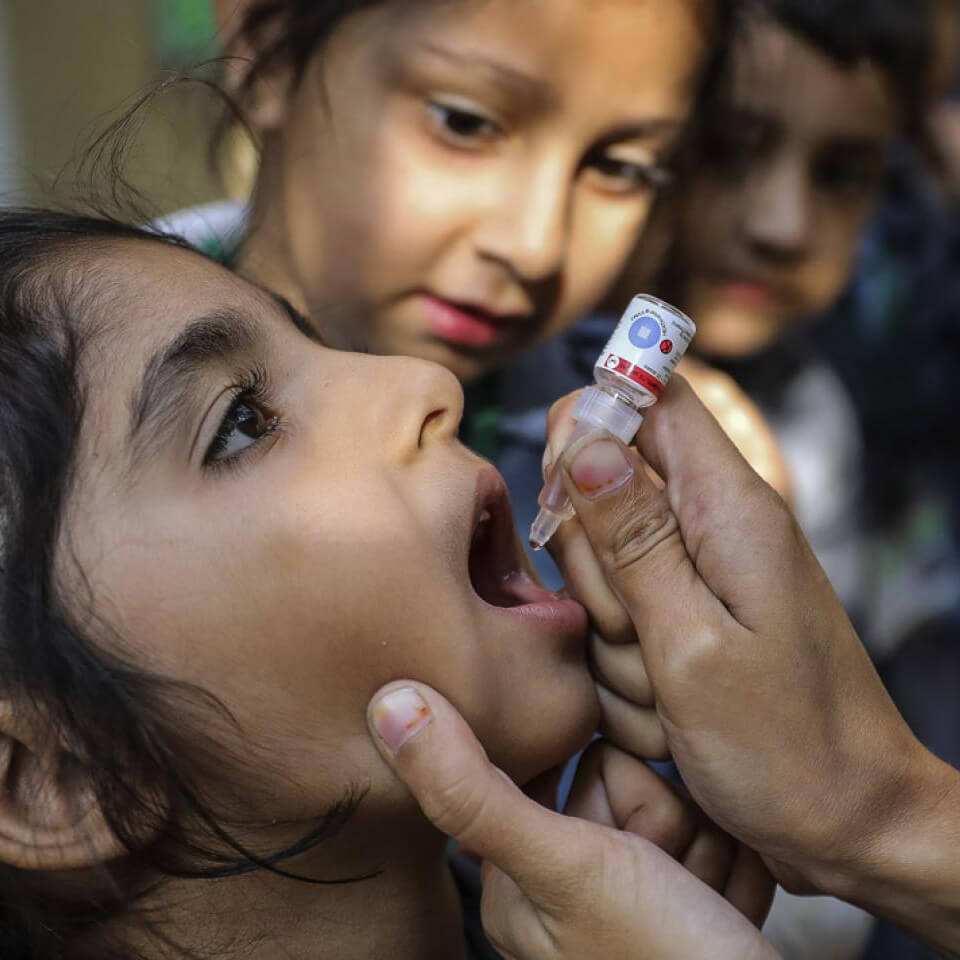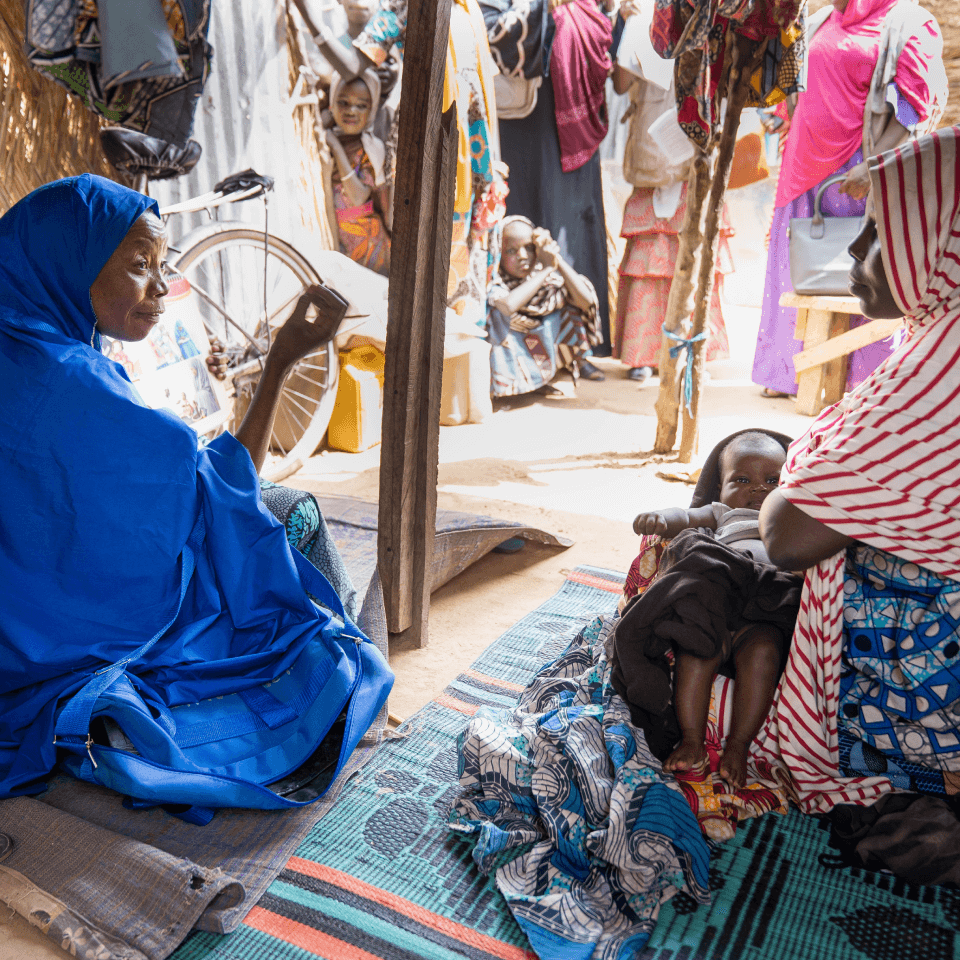IMMUNIZATION, GENDER AND EQUITY
A learning and solutions tool to identify and address gender and equity issues in the access, uptake and delivery of immunization by clients and providers.
IMMUNIZATION,
GENDER AND EQUITY
Gender and equity issues influence the uptake and delivery of immunization at each of the six steps along the Journey to Health and Immunization – from knowledge, awareness and belief to experience of care and after service. Each step is labeled in the figure below.
The Journey to Health and Immunization

Step 1 – Knowledge, awareness & belief
Gender/equity issues influencing knowledge and beliefs
Step 2 – Intent
Gender norms/equity dimensions impacting uptake and delivery
Step 3 – Preparation, cost & effort
Gender/equity-related costs and benefits of service access/provision
Step 4 – Point of service
Gender/equity considerations in health service delivery
Step 5 – Experience of care
Gender dynamics/equity issues in client-provider interactions
Step 6 – After service
Gender/equity dimensions in follow-up care and services
Learn about
barriers & solutions
Learn about gender barriers at each step along the Journey to Health and Immunization. Review checklists of key actions, complete self-assessment quizzes and create a personalized action plan.
Review strategies implemented in Gavi-eligible countries to improve immunization equity. Search by Step along the Journey, health system factor or action, keyword or country.

Share a
solution
We are looking for more solutions – please submit a request to have a strategy you have supported added to this website.

Latest Resources
- Impact of Conditional Cash Transfers on Routine Childhood Immunizations
- Why Gender Matters: Immunization 2030
- The influence of gender on immunisation: using an ecological framework to examine intersecting inequities and pathways to change
- Immunization and Gender
- Polio Global Eradication Initiative: Gender Technical Brief






